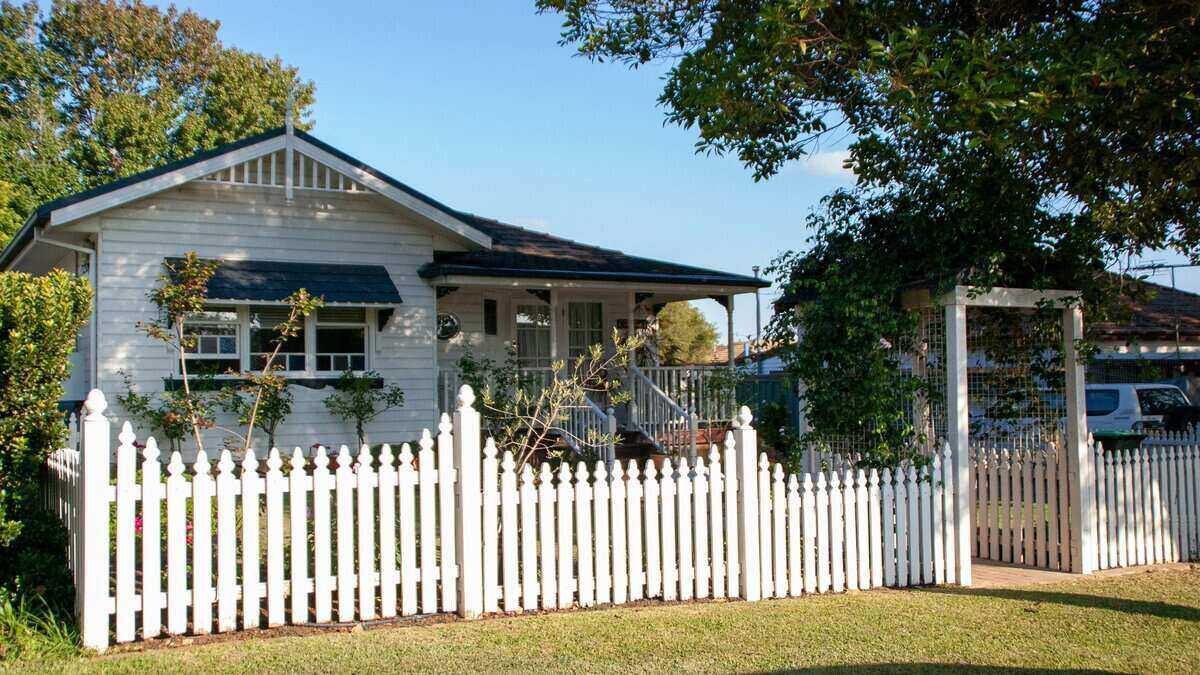While the JobSeeker supplement has slightly improved rental affordability for Newstart households, recipients are still facing moderate to extreme rental stress nationwide, according to the latest release of the Rental Affordability Index (RAI).
Buying a home or looking to refinance? The table below features home loans with some of the lowest variable interest rates on the market for owner occupiers.
| Lender | Home Loan | Interest Rate | Comparison Rate* | Monthly Repayment | Repayment type | Rate Type | Offset | Redraw | Ongoing Fees | Upfront Fees | Max LVR | Lump Sum Repayment | Extra Repayments | Split Loan Option | Tags | Features | Link | Compare | Promoted Product | Disclosure |
|---|---|---|---|---|---|---|---|---|---|---|---|---|---|---|---|---|---|---|---|---|
5.54% p.a. | 5.58% p.a. | $2,852 | Principal & Interest | Variable | $0 | $530 | 90% |
| Promoted | Disclosure | ||||||||||
5.49% p.a. | 5.40% p.a. | $2,836 | Principal & Interest | Variable | $0 | $0 | 80% |
| Promoted | Disclosure | ||||||||||
5.64% p.a. | 5.89% p.a. | $2,883 | Principal & Interest | Variable | $250 | $250 | 60% |
| Promoted | Disclosure | ||||||||||
5.64% p.a. | 5.89% p.a. | $2,883 | Principal & Interest | Variable | $248 | $350 | 60% |
| Disclosure |
The RAI measures the price of rents relative to household incomes based on new rental agreements and is released annually by National Shelter, Bendigo and Adelaide Bank, SGS Economics & Planning and the Brotherhood of St Laurence.
Despite rents falling in many capital cities during COVID, the index found rental affordability has worsened for about 755,000 new JobSeeker recipients who are spending between 42% to 69% of their incomes on rent in every capital city.
Housing stress in this instance is defined as spending more than 30% of gross income on rent repayments.
"Despite JobSeeker being a welcome boost to many low-income renters, it was not enough to lift them out of rental stress," said Adrian Pisarski, Executive Officer, National Shelter.
"This shows the depth of our rental affordability problem, where even with doubled income support, there is not one place in Australia where a JobSeeker recipient can rent affordably."
A single person on JobSeeker would earn just over $20,000 per year - deeming the whole of Australia unaffordable to extremely unaffordable. report, interactive map media releases for states here: https://t.co/yJJARJpBE4#mediarelease #australia #affordability #housing #renting pic.twitter.com/OUbXmcATCQ
— National Shelter (@NationalShelter) November 30, 2020
Mr Pisarski said the rental affordability crisis could tip many Australians into homelessness without government intervention.
“As the Victorian Government has now done, there is a massive need for government investment in social and affordable housing – and now is the time for it since borrowing costs are so low in Australia. Without investment in this space, we are ignoring our responsibility to help people be decently housed," he said.
"Now is not the time to pass the buck of responsibility for building social housing between the Commonwealth and States; a truly national effort is required.
"If there is no action, the net result of our housing system failures will be a dramatic increase in homelessness."
The JobSeeker rate is set to be reduced by $100 a fortnight on January 1, to be roughly the equivalent of about $50 a day, which is considered to be below the poverty line.
The national poverty line is $457 a week ($65 a day) according to the Australian Council of Social Service definition.
In an article published by The Conversation yesterday, 24 out of 45 Australian economists surveyed think JobSeeker should be increased by at least $100 a week.

Source: The Conversation
Two-thirds of those surveyed want JobSeeker to increase in line with wages.
SGS Economics & Planning partner Ellen Witte said already vulnerable Australians are finding themselves on the brink of poverty, but the pandemic has created an opportunity to push them out of it.
“With the Government now reducing JobSeeker allowances dramatically, and the economy not (re)creating jobs, many households are being trapped in a poverty cycle, seeking affordable rents in areas further away from jobs and services," Ms White said.
"There is a real opportunity to use the current recession to build a stronger future.
"With low interest rates, high unemployment and an increase of demand for affordable housing, this is the time to invest in social housing. And at the same time, people can be brought back into jobs.
“An investment of about $7.8 billion would create 15,500 to 18,000 jobs over four years and add 30,000 dwellings to our social housing stock and refurbish aged stock."
Photo by Jonathan Rados on Unsplash

Ready, Set, Buy!
Learn everything you need to know about buying property – from choosing the right property and home loan, to the purchasing process, tips to save money and more!
With bonus Q&A sheet and Crossword!







 Harrison Astbury
Harrison Astbury
 Brooke Cooper
Brooke Cooper











